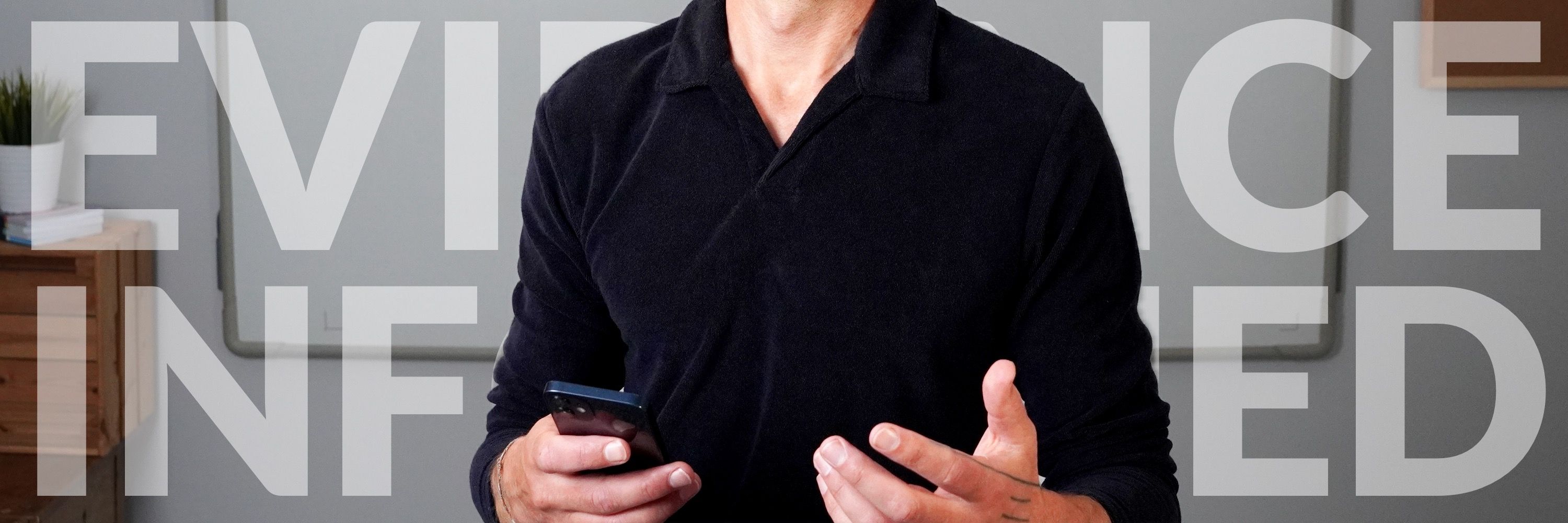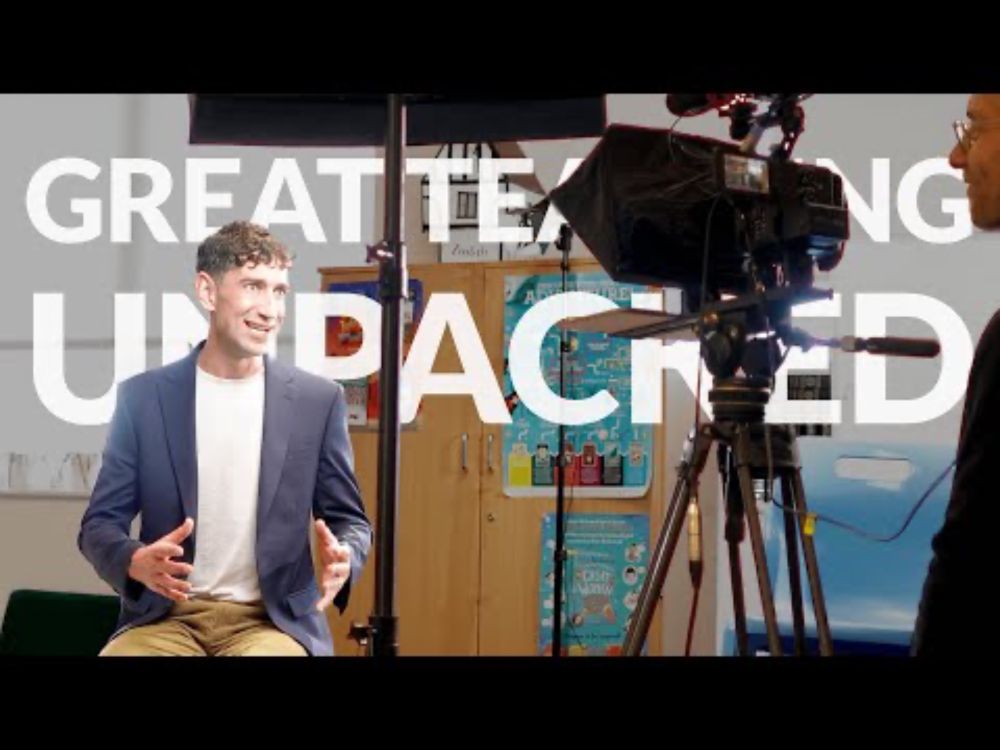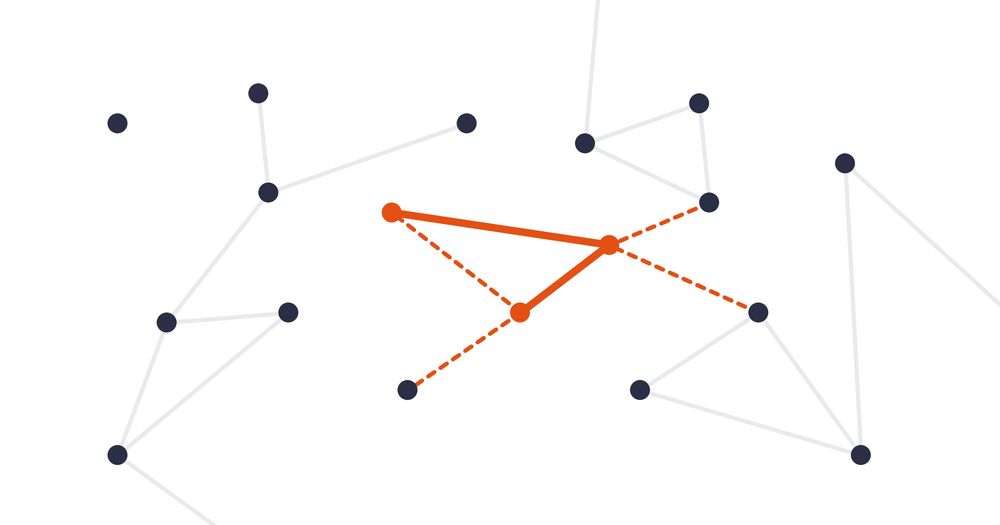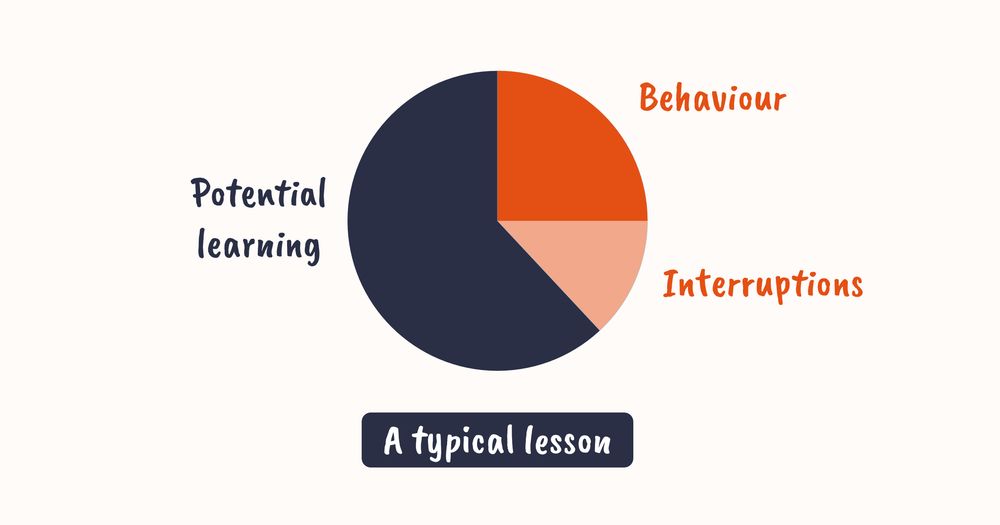

For the last 18 months, I've been working on a top secret documentary to capture & deconstruct some of best teaching in UK.
Why We Made It & How To Access It (For Free):
↓
www.youtube.com/watch?v=2SQ0...
The key to deepening understanding and transfer
↓

The key to deepening understanding and transfer
↓
— Graham Wallas
How to harness the 'Generation Effect' by externalising thinking...
↓

— Graham Wallas
How to harness the 'Generation Effect' by externalising thinking...
↓
When applying our values backfires:
↓

When applying our values backfires:
↓
An alternative to the learning styles myth:
↓

An alternative to the learning styles myth:
↓
Agree the toolkit:
↓

Agree the toolkit:
↓
How to get ahead of behaviour in schools:
↓

How to get ahead of behaviour in schools:
↓
It's best taught (rather than told):
↓

It's best taught (rather than told):
↓
(all open source 🔓)
↓
(all open source 🔓)
↓
Leveraging specialisation & scale for better education:
↓

Leveraging specialisation & scale for better education:
↓
Mega-thread summary of my presentation at #FestivalOfEducation today:
↓

Mega-thread summary of my presentation at #FestivalOfEducation today:
↓
↓

↓
It not only makes a big difference to student learning, but also to teacher workload:
↓

It not only makes a big difference to student learning, but also to teacher workload:
↓


BUT... our efforts to tackle them should be in proportion to their effect:
↓

BUT... our efforts to tackle them should be in proportion to their effect:
↓
hobbolog.wordpress.com/2025/06/02/m...
Someone knight this guy asap
hobbolog.wordpress.com/2025/06/02/m...
Someone knight this guy asap
↓

↓
But for those who don’t, I cornered Josh and made a quick video:
🍿
www.youtube.com/watch?v=rfWz...

But for those who don’t, I cornered Josh and made a quick video:
🍿
www.youtube.com/watch?v=rfWz...
Here's the lowdown:
↓

Here's the lowdown:
↓
A thread:
↓

A thread:
↓
...that I've been working (pretty intensely) on for the last few months.
Details below:
↓

...that I've been working (pretty intensely) on for the last few months.
Details below:
↓
(all open source 🔓)
↓
(all open source 🔓)
↓
WHOEVER DOES THE THINKING GETS THE LEARNING
More:
↓

WHOEVER DOES THE THINKING GETS THE LEARNING
More:
↓
Despite having the desire and the strategies, many students (and adults) struggle to get started.
We can help reduce this risk by pre-empting procrastination.
↓

Despite having the desire and the strategies, many students (and adults) struggle to get started.
We can help reduce this risk by pre-empting procrastination.
↓
However, few manage to make it work consistently in practice.
@examstudyexpert suggests that spacing rituals can help students overcome this knowing-doing gap.
↓

However, few manage to make it work consistently in practice.
@examstudyexpert suggests that spacing rituals can help students overcome this knowing-doing gap.
↓
Let's dig into what that means:
↓

Let's dig into what that means:
↓

